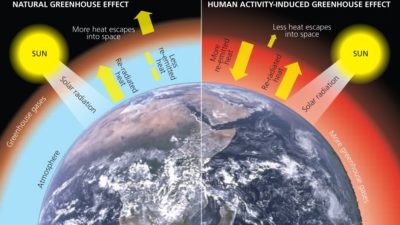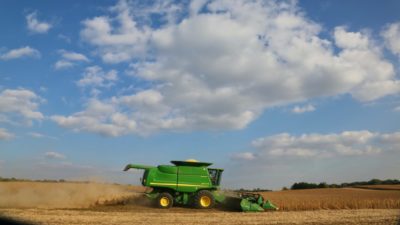Are avocados worse for the environment than meat?

Every other week, someone blames vegans, millennials or “trendy food bloggers” for destroying the environment by eating avocados. Predictably, the truth is far from these inflated accusations.
In a nutshell:
- Avocados grow on trees which capture CO2 (greenhouse gas) and produce oxygen.
- Well-managed avocado plantations are sustainable and unproblematic.
- The avocado boom has helped many communities increase their living standards.
- A single avocado requires 140-272 litres of water. The same amount of beef requires 2,315 litres of water, pork 900 litres, chicken 650 litres, butter 833 litres.
- Avocados are transported by sea, not air, which has a relatively low carbon footprint (amount of greenhouse gas emissions produced in the process).
- The average carbon footprint of one avocado is around 0.19 kilograms of CO2 equivalents. The same amount of beef produces 4 kilograms, lamb 3.4 kilograms, cheese 3.15 kilograms and pork 1 kilogram.
- In any scenario, avocados use less resources and produce less greenhouse gases than animal products.
- Bottom line: Avocados are a LOT better for the environment than animal products.
The full story
Avocado production
Avocados grow on trees – it may seem obvious but this simple fact speaks in avocado’s favour. Trees capture carbon dioxide (CO2) from the atmosphere and release oxygen in return. Their roots also help to protect soil from erosion.
The avocado tree is native to Mexico, where most avocados are still grown, but it’s now cultivated across the world in tropical and subtropical climates and the Mediterranean.
Existing avocado plantations, if managed well, are not problematic. However, because the demand for avocados is growing, problems arise in some areas. When land is cleared to make room for avocado trees or water is diverted from streams and rivers to irrigate them, avocado’s carbon and water footprint grows. It doesn’t mean avocados are bad, it simply means that their production needs to be sustainable and for that, we need a reliable certification system. Until there is one, we can enjoy avocados but perhaps we shouldn’t eat them daily to avoid pushing the demand so high that it drives some farmers to illegal practices.
On the other hand, successful avocado farmers have managed to create prospering livelihoods and increase the living standards of their communities. If we stopped buying avocados altogether, that wouldn’t help anyone!
It is true that avocado trees need more water than many other trees – to grow a single avocado, you need between 140 and 272 litres of water. However, when compared to meat, avocados are still infinitely better – to produce 150 grams of beef (same weight as one avocado), you need 2,315 litres of water, for the same amount of pork you need 900 litres and for chicken 650 litres. Avocado is often used to replace butter as a creamy spread or in desserts – to produce an average avocado-sized amount of butter, you need staggering 833 litres of water!
Yes, avocados are thirsty, but never as much as meat and dairy.
Avocado transport
Avocados are transported by boat, not air as some people think. Shipping large amounts of avocados by boat is the least-polluting way to transport them and it actually doesn’t increase an avocado’s carbon footprint that much. As statistics expert, Dr. Hannah Richie, says: “Even when shipped at great distances, its [avocado‘s] emissions are much less than locally-produced animal products.”
With avocados being grown in a number of countries, including Mexico, Peru, Colombia, USA, Indonesia, Kenya, South Africa, Israel, Spain and Morocco, you can always choose those that travelled the shortest distance.
Meat, dairy and avocados
The average carbon footprint of one avocado (150 grams) is around 0.19 kilograms of CO2 equivalents. The same amount of beef is responsible for four kilograms, lamb for 3.4 kilograms, cheese for 3.15 kilograms and pork for one kilogram of CO2 equivalents. Whichever way you look at it, avocados are still a LOT better for the environment than animal products.
An avocado on toast, a few slices in a Buddha bowl or a small bowl of guacamole produce only a fraction of the greenhouse gas emissions and water used to produce the same amount of meat or cheese. Don’t let biased tabloid stories fool you!
Avocados are not just delicious but also a healthy food, with plenty of good fats, potassium and vitamins C, E, K, B6, folic acid and pantothenic acid (vitamin B5) needed for a healthy immune system, skin, wound healing, blood clotting, bone health, nerve signal transmission, kidney health, converting energy from foods and more.
Enjoying avocados is not ruining the environment – animal agriculture is.







